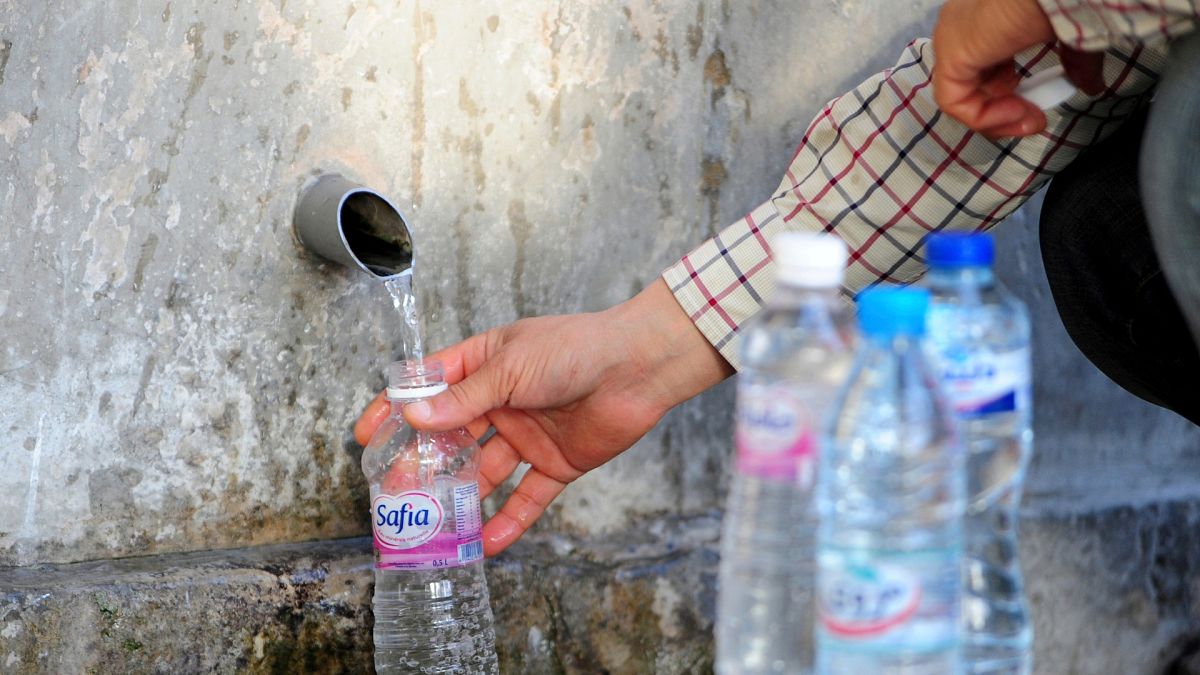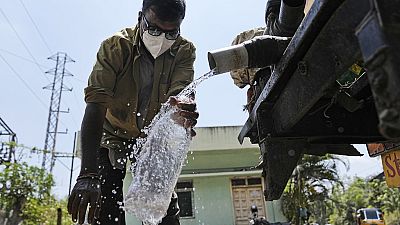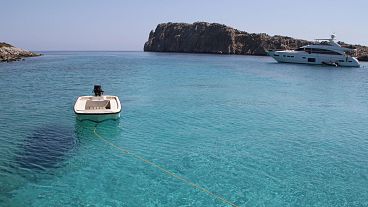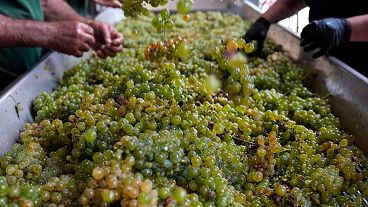Tourist facilities and excessive consumers will be hit hardest by price increases.
The cost of drinking water in Tunisia has increased by up to 16 per cent as the country battles with five years of severe drought.
The country’s official gazette outlined the increase which will have the biggest impact on tourist facilities and those who use the most water.
Prices will remain unchanged for small household consumers.
Those whose consumption exceeds 40 cubic metres will see an increase of 12 per cent and those using between 70 and 100 cubic metres will pay 13.7 per cent more.
The highest increase of 16 per cent will be for tourist facilities and those using more than 150 cubic metres of water.
The decision to raise prices came as Tunisia experienced its first significant rainfall in a long time. Government officials said this week that the country’s dams had reached 35 per cent of their capacity at the end of February.
Despite the slight improvement from last year, experts say recent rainfall wasn’t enough to compensate for ongoing water shortages. The Ministry of Agriculture, Water Resources and Fisheries said that the country needs to stay vigilant, especially as drought years become more frequent.
Tunisia is vulnerable to climate change
Tunisia is particularly vulnerable to changes in rainfall as it relies on capturing surface water for much of its supply. Like many countries around the Mediterranean Sea, climate change has brought recurring drought after blistering summers, low rainfall and mild winters.
The Middle East and North Africa is one of the worst affected global regions when it comes to water stress with 83 per cent of people exposed to extremely high levels, according to research from the World Resources Institute. It predicts that this figure will rise to 100 per cent by 2050.
Tunisia: Water restrictions, major fines and imprisonment
Last March, Tunisia brought in a quota system for drinking water, hoping that this would reduce excessive consumption. State water distribution company Sonede has also been cutting off supplies at night since last summer.
Using drinking water in agriculture has been banned. Farmers previously made up around three-quarters of the country’s water consumption but last year saw a decline in agricultural output as grain production fell by 60 per cent.
There is also a ban on using drinking water to wash cars, clean streets or public places and water green areas. Anyone who breaks these restrictions faces penalties that range from fines to imprisonment for up to six months.
Could desalination and wastewater be the answer?
Tunisia is looking to desalination as part of the solution to its ongoing water worries. Currently, around 16 plants provide 6 per cent of its freshwater supplies. By 2030, the country is pushing for 30 per cent of its water needs to be met by desalination.
Like many others, including Spain, wastewater is another option Tunisia is considering. While foul-smelling partially purified water is often used by farmers, a new plant which opened last May in Siliana in the northwest of the country can filter out 95 per cent of impurities.
As the country faces the possibility that worse is to come in the future, it is turning to these alternative water sources in an effort to mitigate against the impacts of climate change.



